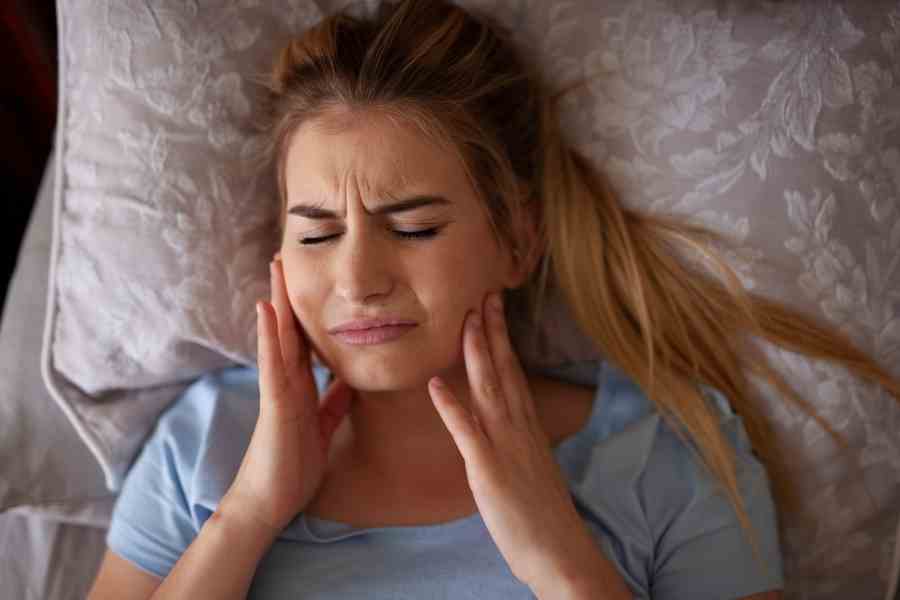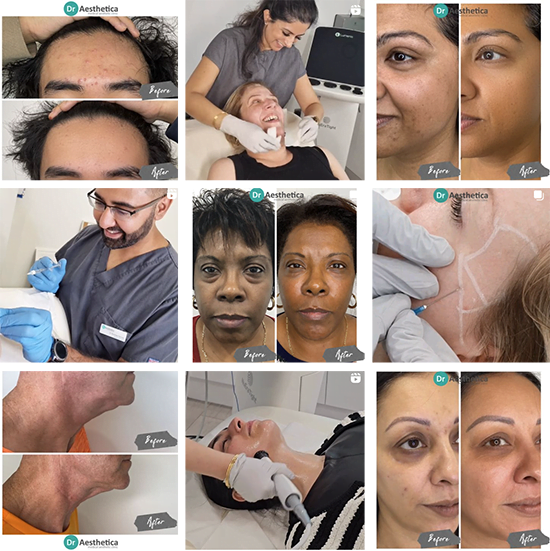Have you gotten braces recently? And are you experiencing teeth grinding? Bruxism, or teeth grinding, is a common condition that affects many people but it can be more noticeable and uncomfortable with braces.
It can cause significant damage to your teeth and braces if left untreated, so you need to understand why it happens and what you can do to dominate it. Over this encyclopaedia, we will discuss the
- symptoms
- causes
- and risks
of teeth grinding with braces, as well as give advice and solutions on how to combat your situation.
Can Braces Cause Teeth Grinding?
Braces can cause teeth grinding in several ways:
Added pressure and discomfort from the brackets and wires can create an instinctive response to clench or grind the teeth.
Also, braces can distort the fit of the upper and lower teeth. A distortion leads to an imbalance in the bite and teeth grinding.
Over time, this can cause significant damage to the teeth and braces. To prevent long-term dental problems and reducing your quality of life - you need to understand the relationship between braces and teeth grinding.

Useful Signs and Symptoms of Whether I am Grinding Teeth with Braces or Not?
Teeth grinding with braces can cause several symptoms and signs, including:
sore jaw muscles,
headaches,
earaches,
difficulty opening and closing the mouth.
and tooth sensitivity and pain (especially in the mornings, due to the pressure and friction of grinding).
Additionally, braces may become damaged or dislodged from the force of teeth grinding, leading to extra discomfort and treatment costs. You need to be able to spot and identify the symptoms of teeth grinding with braces. In case you ever need to seek proper help to prevent further complications.

What Prevention and Management Tips Can I Apply?
Prevention and management involves a combination of lifestyle changes and dental interventions. One effective approach is to reduce stress and anxiety through relaxation techniques, such as deep breathing, meditation, and yoga.
Avoiding hard and chewy foods can also help to ease pressure on the braces and reduce the risk of grinding.
Wearing a mouthguard can help protect teeth and braces from the pressure of grinding. Adjusting braces for reduced discomfort and improved bite alignment can also be helpful
This article was read and reviewed by the face of DR Aesthetica himself - DR Baldeep Farmah.

Can I Wear a Teeth Grinding Guard with Braces?
Yes, it is possible, In fact, wearing a mouthguard can be useful for protecting both your teeth and braces from the pressure and friction of grinding. But you need to choose a mouthguard that is designed for use with braces and fits over the brackets and wires. This ensures that the guard does not interfere with your braces or cause extra discomfort.
Changes to your bedtime routine and oral hygiene habits may also be needed. This could involve cleaning your guard and braces to prevent bacteria build-up. Your orthodontist or dentist can provide advice on choosing and using a mouthguard with braces to help manage Bruxism.
Grinding Guards are Available for Top and Bottom Teeth
It is important to note that grinding guards are available for either top teeth, bottom teeth or both. So don’t stress if you only have braces on the top or bottom of your teeth
When Should I Seek Proffesional Help?
If you experience persistent or severe teeth grinding with braces, it is important to seek professional help from an orthodontist or dentist. They can assess the extent of the damage to your teeth and braces and identify the underlying causes of Bruxism. Professionals can then recommend appropriate treatment options to manage the condition. Additionally, if you experience any of the following symptoms seek immediate professional help:
- Loose or damaged braces or wires
- Difficulty opening or closing the mouth
- Disrupted sleep or chronic fatigue
- Significant tooth sensitivity or pain
- Chronic jaw pain or stiffness
Ignoring teeth grinding with braces can lead to serious dental problems, such as enamel erosion, tooth fractures, and even tooth loss. Speak to our team today for help preventing long-term damage to your oral health.
Best Night Guard for Teeth Grinding with Braces?
A custom-made mouthguard that fits your teeth and braces is best. This type of night guard provides more comfort than over-the-counter options, which may not fit well over braces and can cause extra discomfort or even damage to the braces.
Custom-made night guards can also be fit by an orthodontist to ensure they provide protection against teeth grinding. They are more expensive than over-the-counter options but protect your teeth and braces better from the pressure and friction of Bruxism.
Another Treatment for Teeth Grinding with Braces?
Botox is an alternative treatment for. It involves injecting small amounts of botulinum toxin into the jaw muscles to relax them and prevent clenching or grinding.
It is a treatment that we recommend as it provides a be-all and end-all solution to Bruxism. Of course, not everyone is suitable for this treatment but we aim to provide the best treatment plan for you.
Contact us today for more information and support in reviewing your potential treatment options.


